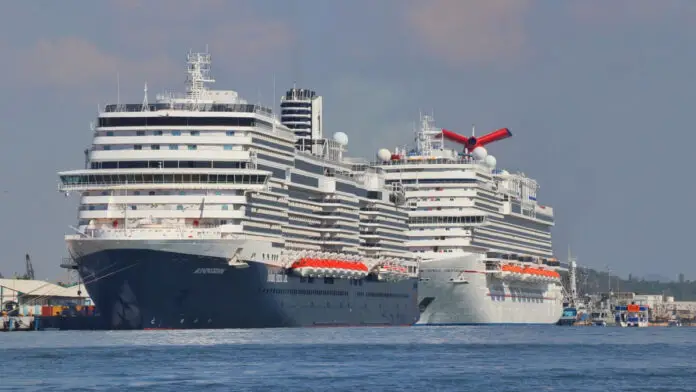In a significant development that could alleviate concerns for the multi-billion-dollar cruise industry, Mexico’s government has agreed to delay the implementation of a new tax targeting cruise ship passengers. The long-debated and contentious $42-per-guest charge was set to kick in on January 1 but will now take effect on July 1, 2025.
The decision follows intense lobbying by the Florida-Caribbean Cruise Association (FCCA), which has repeatedly warned about the devastating impact this tax could have on Mexico’s economy. The industry body expressed relief that its concerns have been partially addressed but emphasized that more comprehensive measures are still needed to mitigate the far-reaching consequences of this policy.
Under the original plan, two-thirds of the revenue from the tax would have gone towards financing the country’s army, raising questions about the allocation and transparency surrounding these funds. The Mexican National Confederation of Chambers of Commerce, Services, and Tourism has not yet commented on the delay but is likely to weigh in with its own perspective in due course.
The FCCA highlighted that this tax will significantly increase costs for cruise lines, leading to a substantial decrease in available jobs and tax revenue. Moreover, Mexico risks losing its competitive edge as one of the premier cruise destinations worldwide, potentially pricing out millions of tourists who had planned visits for next year.
Mexico’s ports, including Cozumel, are poised to welcome an unprecedented 10 million passengers in 2025. The industry is critical not just for tourism but also for providing employment and contributing to local economies. The pushback against this tax underscores the complex interplay between economic development, tourism, and policy implementation.
While the delay offers a temporary reprieve, it remains to be seen how effectively the Mexican government can address the concerns raised by the cruise industry and its stakeholders. This saga highlights the delicate balance needed in crafting policies that promote national revenue while preserving the viability of key sectors such as tourism. As negotiations continue, the question on everyone’s mind is whether a more sustainable solution can be found to avoid devastating economic consequences for Mexico.
Source: Drive Mexico Magazine






